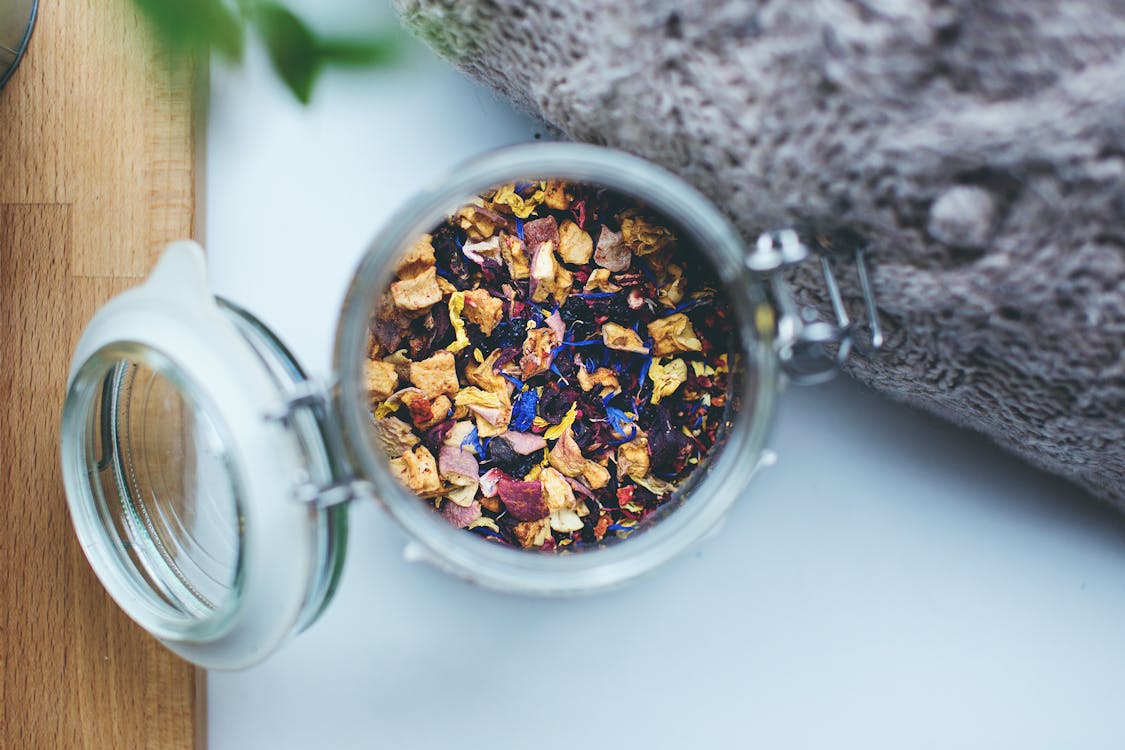Our Blog
Heart of a Giant Foundation
Disclaimer: The information shared on this blog is not intended to replace professional medical advice. Always consult with a healthcare provider for any medical issues.

Heart Health is the Spice of Life
Spices have been treasured for centuries not only for their delightful flavors but also for their potential medicinal properties. Various cultural traditions embrace the use of spices in both culinary and medicinal practices. Let’s explore the science-backed benefits of these spices for heart health and how they can be seamlessly incorporated into everyday meals.
Turmeric
Indian cuisine is renowned for its rich array of spices, and one standout spice for heart health is turmeric. The active compound in turmeric, curcumin, is a potent anti-inflammatory agent. Chronic inflammation is a significant risk factor for heart disease, and curcumin’s anti-inflammatory properties can help combat this issue. Studies suggest that turmeric can improve endothelial function, which supports healthy blood vessel walls, leading to improved cardiovascular health.


Photo by Karolina Grabowska
Cinnamon
Cinnamon is a beloved spice in Mexican cuisine, and it boasts numerous heart-healthy properties. Research indicates that cinnamon may help lower blood pressure and cholesterol levels. Additionally, cinnamon enhances insulin sensitivity, making it beneficial for people with diabetes, who are at higher risk of heart disease.
Ginger
Ginger, a staple in Thai cooking, contains powerful antioxidants known as gingerols. These compounds play a vital role in reducing oxidative stress, which can damage blood vessels and contribute to heart disease. Moreover, ginger has natural blood-thinning properties that may help prevent clot formation and improve blood circulation.
Allspice
A popular spice in Caribbean cuisine, allspice is not only versatile but also heart-healthy. It contains eugenol, a compound with potential vasodilatory effects, meaning it can widen blood vessels and improve blood flow. Proper blood flow helps maintain healthy blood pressure levels and supports overall heart health.
Rooibos
Rooibos tea, derived from the leaves of the Aspalathus linearis plant in Southern Africa, is rich in polyphenols like quercetin and luteolin. These antioxidants are associated with a reduced risk of cardiovascular disease by improving heart health, reducing blood pressure, and protecting blood vessels from damage.


Photo by Eva Bronzini
Incorporating Spices into Your Diet
To reap the heart-healthy benefits of these spices, there are many ways of incorporating them into your daily meals:
Sprinkle turmeric into rice dishes, soups, and stews.
Add cinnamon to your morning oatmeal, smoothies, or coffee.
Infuse ginger into teas, stir-fries, or marinades.
Brew a cup of rooibos tea for a refreshing and heart-friendly beverage.
Use allspice in marinades, curries, or baked goods for a Caribbean twist.
Or why not try our delicious Spiced Rooibos Tea Latte recipe for a soothing and aromatic beverage perfect served warm or iced.
Spices are more than just flavor enhancers; they are potent allies in maintaining heart health. As we embrace the science-backed benefits of these spices, let’s incorporate them into our diets and embark on a flavorful journey towards a healthier heart.
The Heart of a Giant Foundation, Inc. is a 501(c)(3) nonprofit organization, EIN 84-2900386. Donations are tax-deductible.

